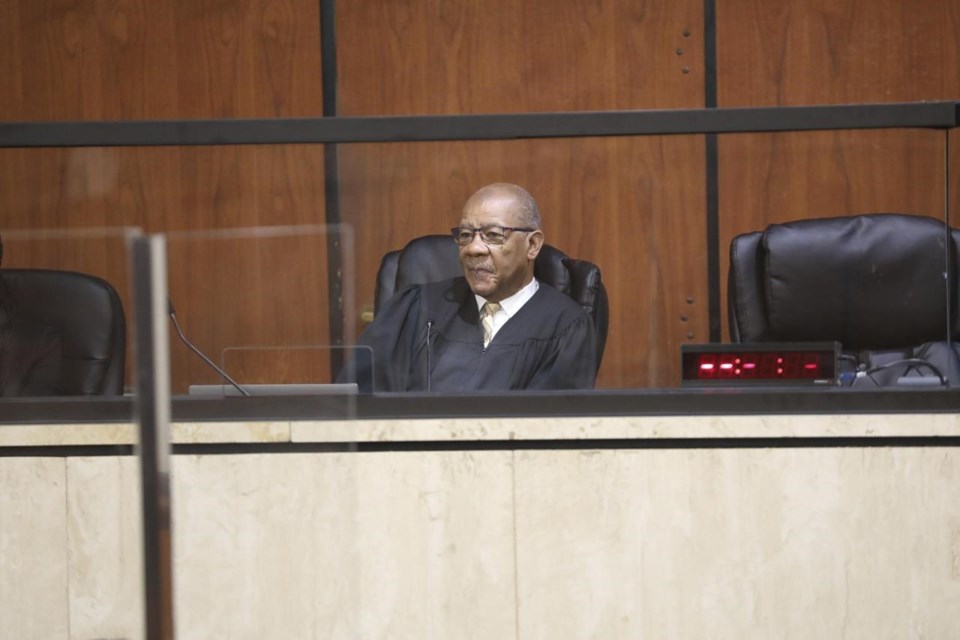COLUMBIA, S.C. (AP) — A judge on Friday put a temporary halt to South Carolina's new law banning most abortions around six weeks of pregnancy until the state Supreme Court can review the measure.
The ruling by Judge Clifton Newman came just about 24 hours after Gov. Henry McMaster signed the bill. The decision means South Carolina reverts back to a ban at about 20 weeks after fertilization.
“The status quo should be maintained until the Supreme Court reviews its decision,” Newman said. “It’s going to end up there.”
The law passed Tuesday by the General Assembly is similar to a ban on abortion once cardiac activity can be detected that lawmakers passed in 2021.
The state Supreme Court decided in a 3-2 ruling that the 2021 law violated the state constitution's right to privacy. Legislative leaders said the new law makes technical tweaks that should sway at least one justice to change his mind and the author of the January ruling has since retired.
The law took effect as soon as it was signed and Planned Parenthood immediately sued, saying it put South Carolina's abortion clinics into limbo with canceled appointments from patients further along in their pregnancies and doctors having to carefully review the new regulations.
The abortion rights group said the new law was so similar to the old one that clinics and women seeking treatment would be harmed if it were allowed to stay in effect until a full court review.
The majority opinion in the state Supreme Court ruling striking down the 2021 law said that although lawmakers have the authority to protect life, the privacy clause in the state constitution ultimately gives women time to determine whether they want to get an abortion and most women don’t know they are pregnant six weeks after conception.
Justice Kaye Hearn wrote the opinion. She has since had to retire because she turned 72 and was replaced by a man, making the South Carolina’s the only high court in the country without a woman on the bench.
The changes in the new law are directed at another justice in the majority, John Few, who wrote his own opinion saying the 2021 law was poorly written because legislators didn’t show it did any work to determine if six weeks was enough time for a woman to know she was pregnant.
Few suggested he would have found an even stricter full ban on abortion constitutional, saying that if a fetus had all the rights of a person, then a ban would be like child abuse or rape laws that don’t violate privacy rights.
The new law includes exceptions for fatal fetal anomalies, the patient’s life and health, and rape or incest up to 12 weeks. Doctors could face felony charges carrying up to two years in prison and a $10,000 fine.
Most Southern states have enacted stricter abortion laws in the past year and abortion opponents said that is why South Carolina has seen a sharp increase in the number of abortions performed and out-of-state patients.
Abortion is banned or severely restricted in much of the South, including bans throughout pregnancy in Alabama, Arkansas, Kentucky, Louisiana, Mississippi, Oklahoma, Tennessee, Texas and West Virginia. In Georgia, it’s allowed only in the first six weeks.
Most abortions after 12 weeks of pregnancy will be banned in North Carolina beginning July 1 after the state’s Republican-controlled Legislature successfully overrode the Democratic governor’s veto earlier this month.
Jeffrey Collins, The Associated Press
